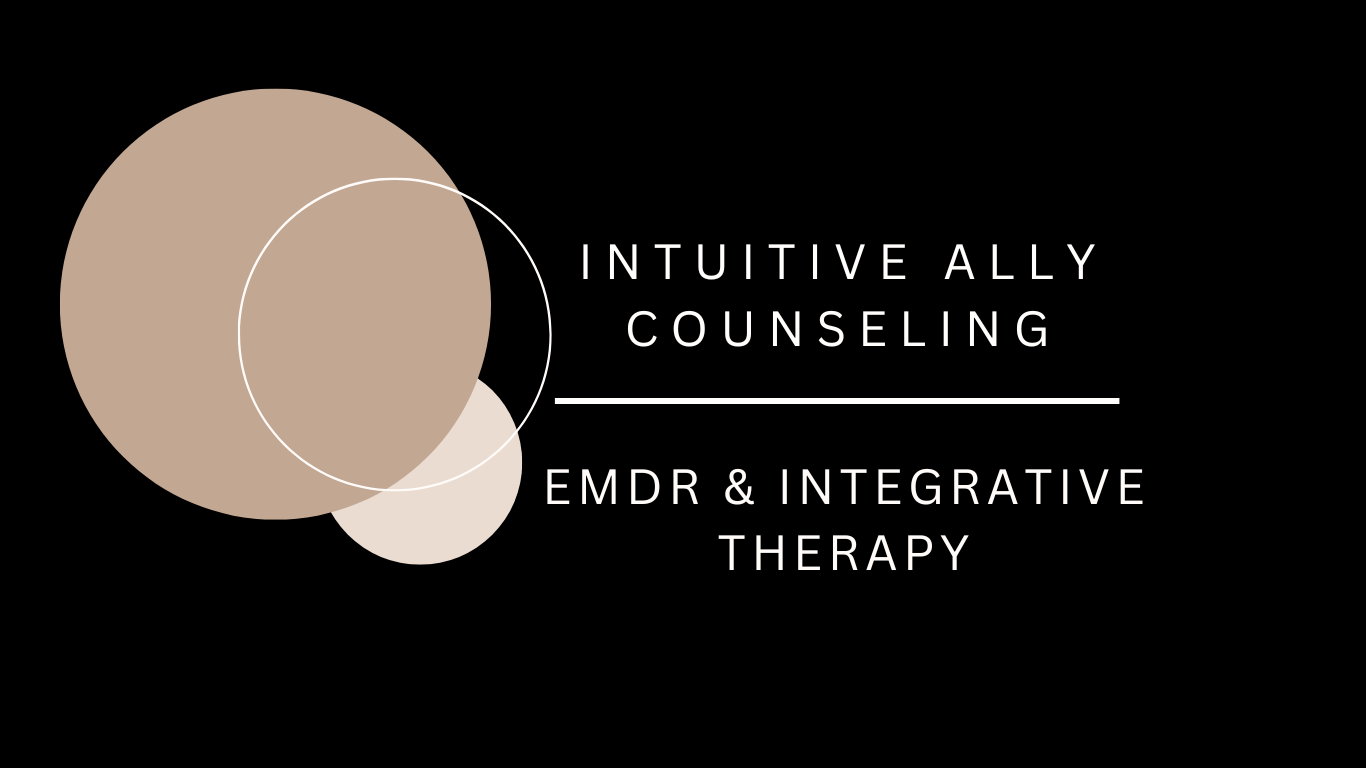Exploring the Benefits of IFS Therapy for Emotional Healing | Tana Noonan LMFT
**Slug**: benefits-ifs-therapy
**Excerpt**: Internal Family Systems (IFS) Therapy offers a unique approach to psychological well-being, enabling individuals to achieve balance and self-healing. Discover how with Tana Noonan LMFT.
Hey there! Feeling like you're often at war with yourself? Maybe one part of you wants to be productive, while another just wants to binge-watch your favorite show? This inner conflict is normal, but when it gets too loud, it might be time to explore Internal Family Systems (IFS) Therapy. IFS is a transformative approach that can help you understand and harmonize these conflicting parts to achieve emotional healing and personal growth. Let's dive into what IFS is, how it works, and why it might be the game-changer you've been looking for, all with the expert guidance of Tana Noonan, LMFT.
What is Internal Family Systems Therapy?
Internal Family Systems (IFS) Therapy is an evidence-based model of psychotherapy that suggests your mind is naturally multiple, and that is a good thing! Think of your personality as a unique family of inner parts, each with its own perspectives, feelings, and memories. These parts interact within your mind in patterns and styles that can be productive or problematic.
Why IFS Therapy?
1. **Self-Leadership**: IFS encourages you to lead yourself from a place of self-confidence and curiosity, which promotes greater self-awareness and emotional healing.
2. Balance: It helps balance your internal system by promoting harmony among your sub-personalities or parts, ensuring no part is carrying too much burden or influence.
3. Deep Healing: By addressing the roots of your emotional conflicts, IFS offers a deep, lasting transformation that other therapies might not reach.
How Does IFS Therapy Work?
IFS therapy involves identifying and understanding the various parts of your personality. Each part has its role and its own unique story, especially those that carry pain or trauma. The process helps you access a calm, confident, compassionate state known as the Self. From this central, grounded position, you can effectively lead your internal parts, heal them, and create a more coordinated and harmonious mind.
Examples of IFS in Action
- Case of Anxiety: Imagine a part of you is always anxious about work. Through IFS, you might discover another part that is pushing you too hard to succeed, causing the anxiety. Recognizing these parts allows you to mediate a better balance.
- Managing Anger: If you find yourself frequently angry, IFS helps you find and listen to the part that holds anger, understand its positive protective intentions, and help it trust more productive ways to care for you.
Identifying Your Parts
Start noticing when you feel internal conflict. Is there a part that always criticizes you? Or one that’s afraid to let people get close? These recognitions are your first step towards engaging with your parts through IFS Therapy.
Implementing IFS for Self-Healing
1. Acknowledge Your Parts: Recognize and accept the existence of different parts within you.
2. Engage with Compassion: Approach each part with curiosity and compassion rather than judgement.
3. Foster the Self: Strengthen your Self’s qualities of calmness, curiosity, and compassion to lead and heal your parts.
Want To Find Out More?
Understanding and harmonizing your internal parts can lead to remarkable changes in your life. With IFS Therapy, guided by an expert like Tana Noonan LMFT, you can explore these parts and transform your relationship with yourself and others. Ready to begin your journey towards internal harmony and emotional wellness? Contact Tana Noonan LMFT today to schedule a consultation. Let’s make your inner world a more peaceful place together!
